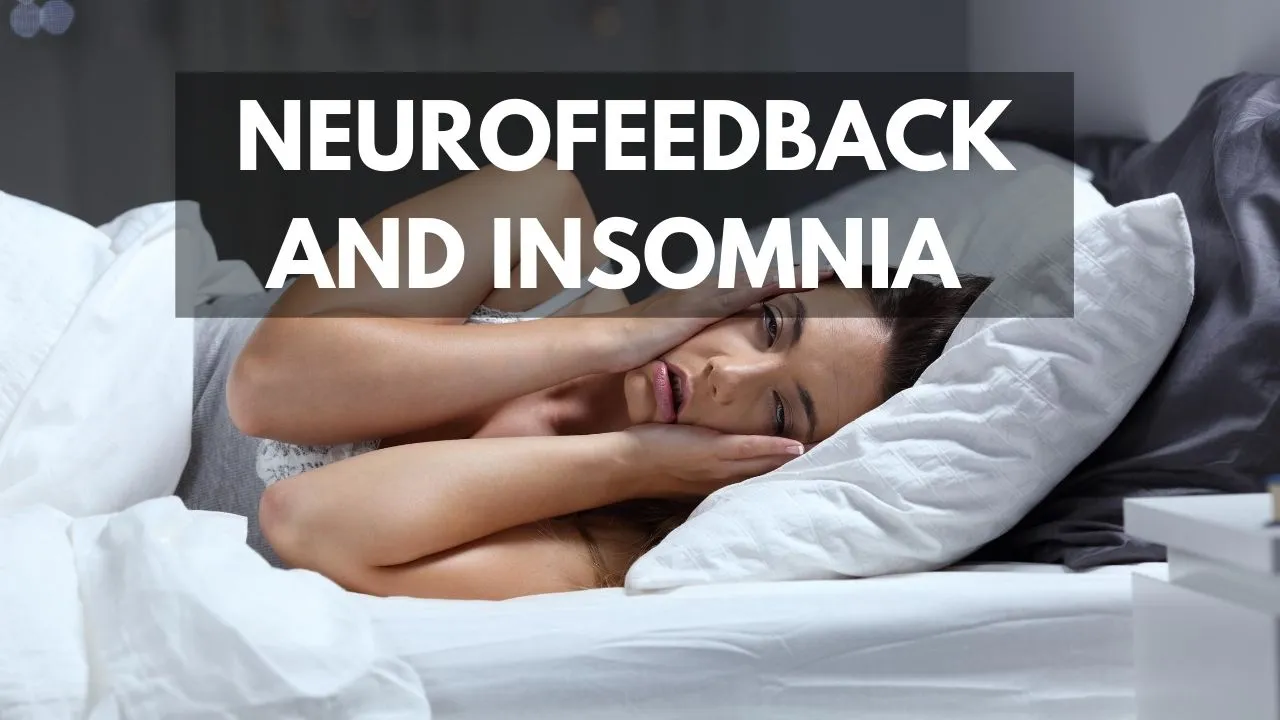Menopause: Symptoms, Treatments & Practical Relief
Menopause is a normal phase of life, but it can bring strange and annoying changes. If you’re noticing hot flashes, sleep trouble, mood swings, or vaginal dryness, you’re not alone. This page gives clear, useful information on what to expect and what you can do right now to feel better.
Symptoms to watch for
Perimenopause (the transition) can start years before your last period. Common signs include hot flashes and night sweats, irregular periods, trouble sleeping, brain fog, mood shifts, and lower libido. Vaginal dryness and discomfort during sex are common too. Bone density drops over time, so fractures become a concern as you age.
Not every person gets every symptom. Track what’s bothering you most—time of day, triggers, how long episodes last. That makes it easier to talk to your clinician and choose the right fixes.
Treatment options & daily tips
Want quick, practical fixes? For hot flashes: dress in layers, keep a fan by the bed, avoid spicy food and hot drinks, and cut back on alcohol and caffeine. Deep breathing or paced breathing helps reduce intensity for many people.
For sleep: keep a cool bedroom, stick to a sleep schedule, and avoid screens before bed. If anxiety or insomnia is severe, mention it to your doctor—there are safe, effective treatments that can help.
Vaginal dryness responds well to over-the-counter lubricants and daily moisturizers. Low-dose vaginal estrogen (creams, rings, or tablets) is another option and works for many women with fewer systemic effects. Ask your clinician if it’s suitable for you.
Hormone replacement therapy (HRT) eases hot flashes, night sweats, and mood swings for many people. HRT isn’t right for everyone—risks depend on personal health, timing, and duration. Talk with your provider about benefits and risks, and consider a short trial if symptoms are disruptive.
Non-hormonal meds can help too: certain antidepressants, gabapentin, and clonidine reduce hot flashes for some people. These are useful if HRT isn’t an option. Your doctor can explain which choice fits your health profile.
Protect your bones: get calcium and vitamin D, do weight-bearing exercise, and check bone density when recommended. Regular strength training helps balance, strength, and long-term bone health.
Small lifestyle moves add up. Aim for regular exercise, a balanced diet, quit smoking, and limit alcohol. Mental health matters—therapy, stress-reduction practices, and support groups make a real difference.
When should you see a doctor? If bleeding is heavy or irregular, if mood or sleep problems affect daily life, or if you have sudden, severe symptoms, seek medical advice. Your clinician can rule out other causes and make a clear plan with you.
Menopause changes how you feel, but it doesn’t have to control your life. With the right tools—simple home strategies, targeted treatments, and support—you can manage symptoms and stay healthy. Start by tracking what bothers you, try a few practical fixes, and talk to your provider about next steps.

Doxylamine and Sleep During Menopause: Can It Help?
Hey there, it's your friendly neighborhood blogger here diving into the world of menopause and sleep. Like many folks, I've seen my fair share of sleepless nights, but it got me thinking, can doxylamine be the answer for those going through menopause? In this post, I'll explore how this medication might just be the helping hand needed to catch some much-needed z's. From understanding how it works to discussing its potential benefits and drawbacks, join me as we unravel the mysteries of doxylamine and sleep during this pivotal phase of life.
November 8 2023